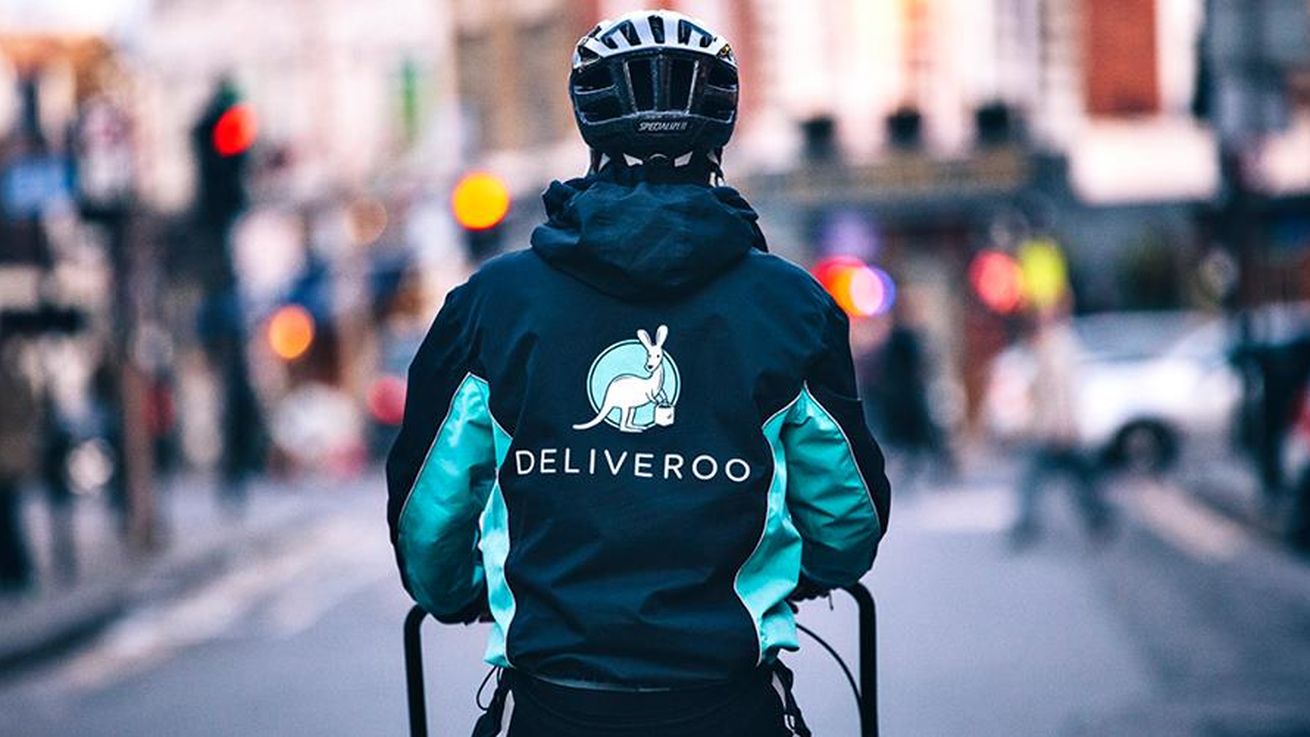Earlier this year, I came across a Facebook page that immediately grabbed my attention. “Boycott Deliveroo” is a page with a following of more than 500 people. Its aim is to “encourage an all-out boycott of the British-based delivery agency, Deliveroo, which exploits and takes advantage of its workforce”. Scrolling through the admin’s posts and angry comments from users, I soon came to realise that the company I had worked with for three months had been taking advantage of me and the other couriers working for them. Of course, I had always known that my food delivery job was not ideal, but it was not until I found the page that I realised quite how bad the situation was.
I started working for Deliveroo in November 2015 after finding a flyer in College advertising food delivery jobs promising “great pay and flexible shifts”. As a second-year student struggling to find a part-time job that did not require five years of prior experience, the idea of working for Deliveroo immediately appealed to me. After all, I already cycled everywhere, so I thought I might as well make some money out of it.
I was able to pick my own hours according to my college timetable, and getting paid to do exercise seemed like a great deal
My first few shifts were pleasant enough. I was able to pick my own hours according to my college timetable, and getting paid to do exercise seemed like a great deal. The pay seemed reasonable as well: €6.50 an hour plus €1 per delivery and tips. Expecting to get at least three deliveries per hour, I thought I would be earning above the minimum wage. However, I was quick to notice the flaws in this pay system.
First of all, I was often left waiting for orders to come in for long stretches of time, sometimes over an hour. It was not uncommon that during a three-hour shift I would only be given three orders, spending the rest of the time waiting alone in Stephen’s Green, often in miserable weather conditions, only to be paid a measly €22.50 for my time – well below the minimum wage. Second of all, Deliveroo does not take into account the distance travelled by their cyclists and so, in this system, I was being paid the same amount for a 700m delivery, as for a 4 km one. Although they told me that cyclists were mostly assigned deliveries within the city centre area, I often had to cycle out as far as Sandymount, Ballsbridge, Stoneybatter and Rathmines, delivering food from restaurants on the other side of the city.
At Deliveroo, time is everything. Anything slowing you down means you get fewer orders and therefore, less money. During one of my first shifts, whilst I was more than halfway from Ballsbridge to Connolly Station, I got a call from the restaurant asking me to come back as they had forgotten part of the order. This, of course, slowed me down but was not taken into account for my pay, even though I could have completed another order in the time it took me to go back to the restaurant.
Another problem I encountered was Deliveroo’s approach to driver safety on the road. The company rewards cyclists for “strong performance” and gives bonuses to their “most efficient drivers”. Two weeks in, I was told that my performance was weak and that I needed to cycle faster in order to conform to their reputation of delivering in under 30 minutes. I told them that I was cycling as fast as I could but that I was often caught by traffic lights, to which they replied: “You don’t always have to stop at a red light.”
After this, I pedalled as fast as I could, wearing myself out and often ignoring traffic lights, until I was caught breaking two sets of lights and almost fined €80. When I told one of the head drivers this, I was simply told to check there were no policemen around before breaking lights.
Deliveroo couriers are not even considered to be employees of the company but rather “self-employed contractors”. This is despite the fact that couriers are required to represent the company by wearing branded Deliveroo gear, which they have to pay a deposit of €50 for.
Deliveroo simply pays you for your services but owes you nothing in terms of health insurance, sick leave or paid holidays
As a result, Deliveroo simply pays you for your services but owes you nothing in terms of health insurance, sick leave or paid holidays. Moreover, if you are injured on the job, couriers have no guaranteed access to legal help. As a student simply looking to make some extra money, this bore little consequence on me, but for a lot of the couriers I was working with, Deliveroo is their full-time job. The company’s refusal to acknowledge them as employees is a great source of instability for these people. I quit in February 2016, after finally finding a properly paid job, but for many people working for Deliveroo is one of the only options.
Attempts by Deliveroo to change its pay model was met with protests and strikes in London. The popularity of the “Boycott Deliveroo” page seems to indicate that discontent in Dublin is rising.







